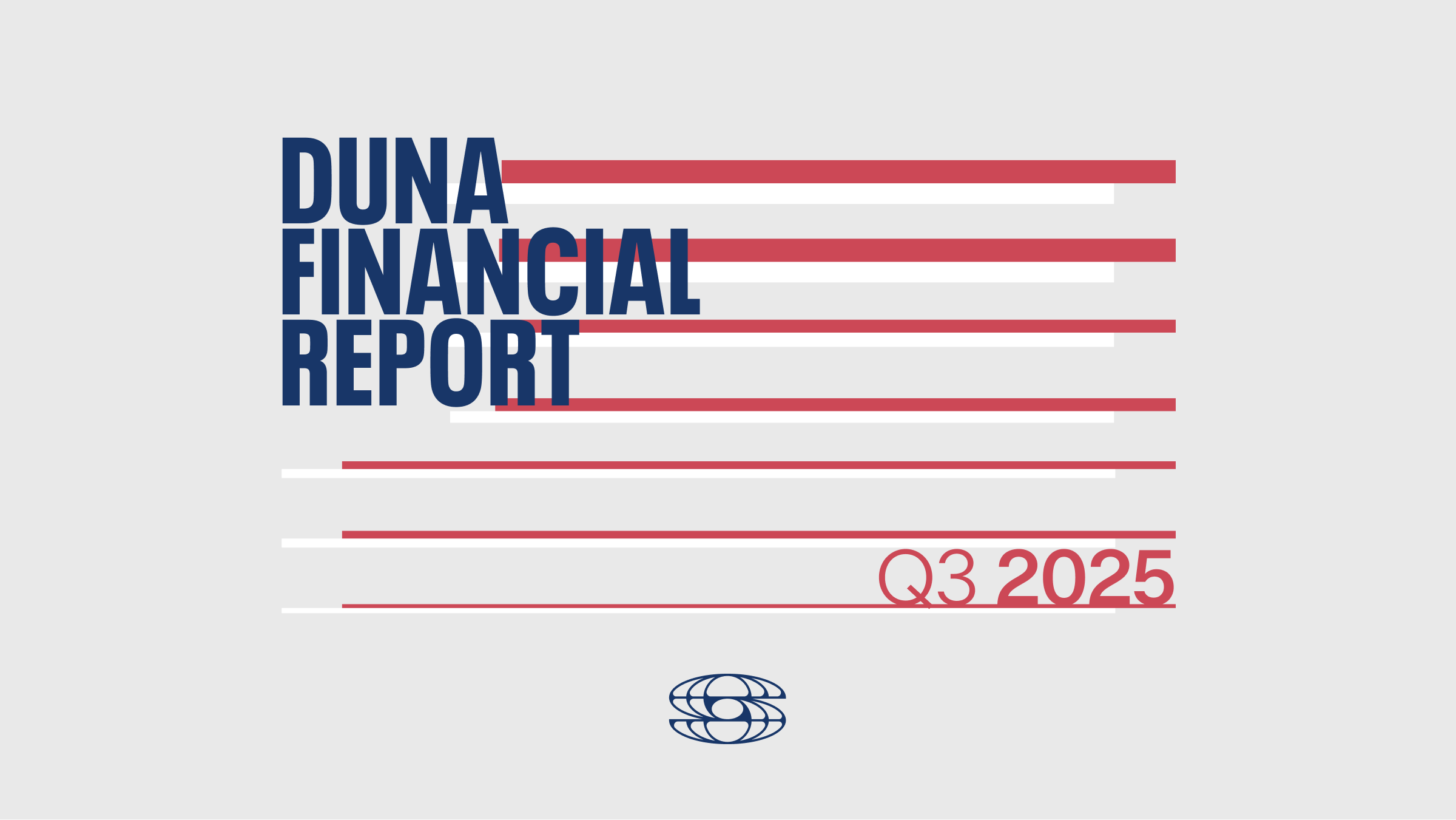Today, the Syndicate Network Collective (SNC) published its Q3 2025 financial statements—the first since the DUNA’s formation.
Prepared by Cowrie – Administrator Services LLC, these statements open the books on the DUNA’s treasury, expenses, and tax position. This isn’t new for traditional finance—but it’s transformative for crypto.
This is what accountability looks like: decentralization meets real-world financial reporting standards.
Key Takeaways
- One of the first transparent, accrual-basis financials for a decentralized network under a Wyoming DUNA.
- SNC holds 267,162,157 SYND and $285,000 cash on hand as of September 30, 2025
- Financials prepared on an accrual basis with fair-value accounting for token holdings
- DUNA classified as a U.S. C Corporation for tax purposes (21% federal rate)
- Primary expenses focused on governance operations and ecosystem infrastructure
- Regular quarterly financial reporting, establishing a repeatable model for transparent network governance
From Openness to Accountability
Most networks publish proposals or token updates. Few open their books.
For years, onchain transparency has been one of crypto’s defining promises. With a known address, anyone can verify a treasury’s holdings or validate outgoing payments. But that onchain transparency has traditionally been paired with offchain occlusion.
Without a viable onshore compliance regime, crypto treasuries and DAOs have too often disappeared into offshore black boxes—with little visibility into how funds were actually managed or reported.
The DUNA changes that. It brings both onchain and offchain operations into the light—aligning onchain transparency with institutional-grade financial reporting and U.S. legal compliance.
For the first time, token-holder–governed organizations can present a holistic, verifiable view of their finances—both onchain and offchain.
This is a key step in the professionalization of the industry, and one that’s long overdue. Public disclosures, paired with onchain transparency, can finally create a full and open picture of the Syndicate Network Collective—and a model for other DUNAs to follow.
The DUNA framework proves that decentralized governance and financial accountability can coexist within clear, recognized standards.
The Framework: How the DUNA Operates
Syndicate Network Collective operates as a Wyoming Decentralized Unincorporated Nonprofit Association (DUNA)—a first-of-its-kind structure that enables collective governance while maintaining compliance with U.S. law.
Members are SYND holders who actively participate in governance—oversee the use of the network’s treasury through open proposals and onchain votes—not mere token ownership.
Upon formation, the DUNA elected to be treated as a U.S. C Corporation for federal tax purposes. This provides clear reporting obligations and accountability while allowing the DUNA to operate transparently within existing law.
Financial and tax reporting use accrual and fair-value accounting, meaning:
- Income is recognized when earned, not received
- SYND holdings are valued at current market prices each period
- Unrealized gains are recorded as income, with a deferred tax liability for future realization
Financial Overview: Q3 2025
As of September 30, 2025, the DUNA’s financial position was as follows:
Read the full Syndicate Network Collective Q3 Financials →
As of September 30, 2025, the DUNA held 267,162,157 SYND tokens and $285,000 cash on hand.
The DUNA’s financials capture its full economic activity, including unrealized gains or losses on token holdings.
The treasury funds ecosystem development, governance operations, research, and long-term network security.
All disbursements are approved through governance and accounted for under U.S. tax rules—ensuring transparency and traceability across onchain and offchain records.
Building Trust Through Transparency
Building a community-owned internet requires more than open infrastructure—it requires systems that earn trust through accountability.
The Syndicate Network Collective’s financial framework turns that principle into practice. By applying established accounting standards to onchain activity and publishing those results openly, it sets a precedent for how decentralized networks can operate transparently and responsibly.
Transparency isn’t an afterthought to decentralization—it’s what gives it substance.
The Syndicate Network Collective shows how communities can own not just their infrastructure within the Syndicate Network, but the integrity of the systems behind it—laying the groundwork for a more open, accountable, and community-owned internet.
Read the full Syndicate Network Collective Q3 Financials to learn more.
